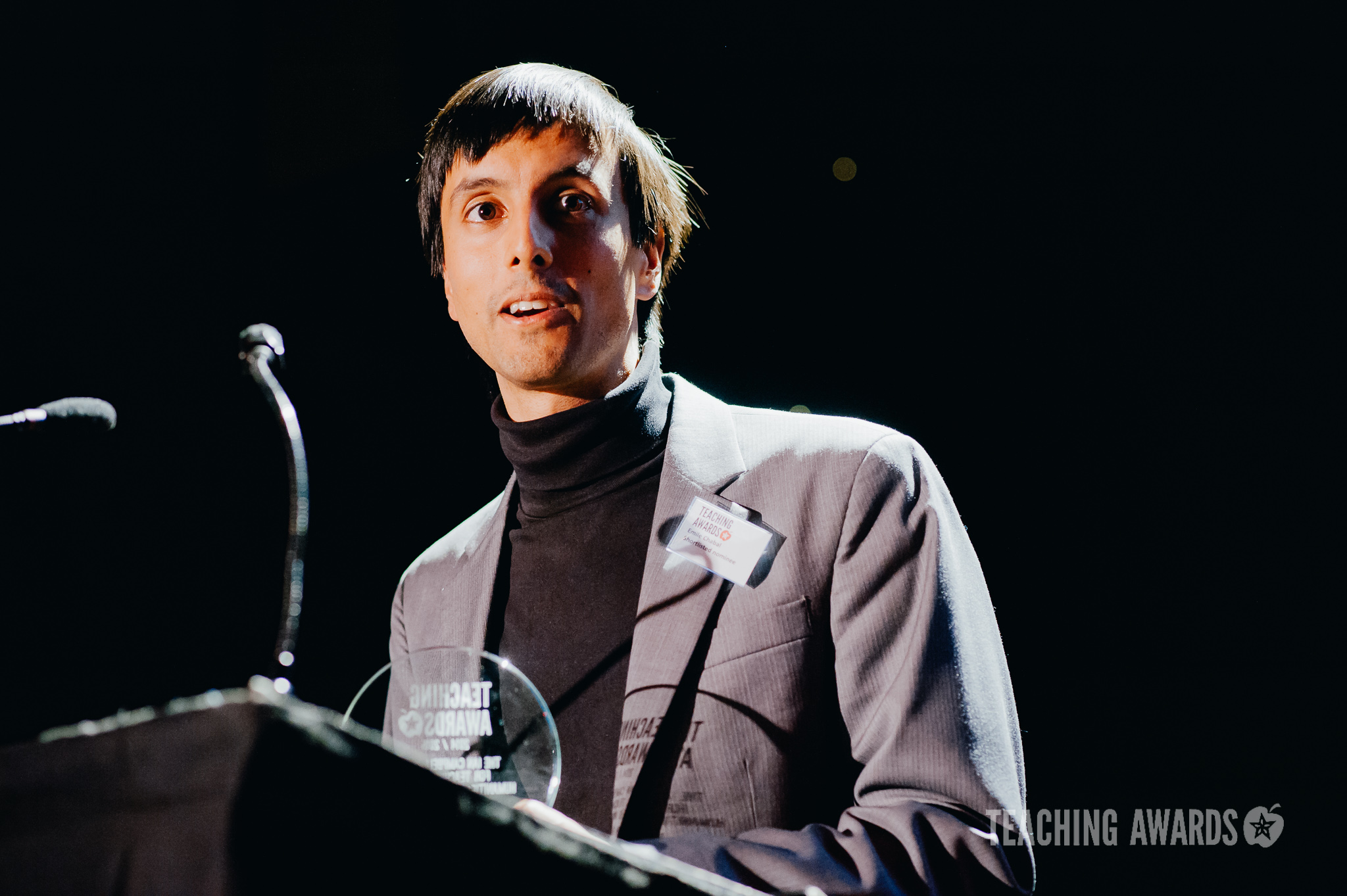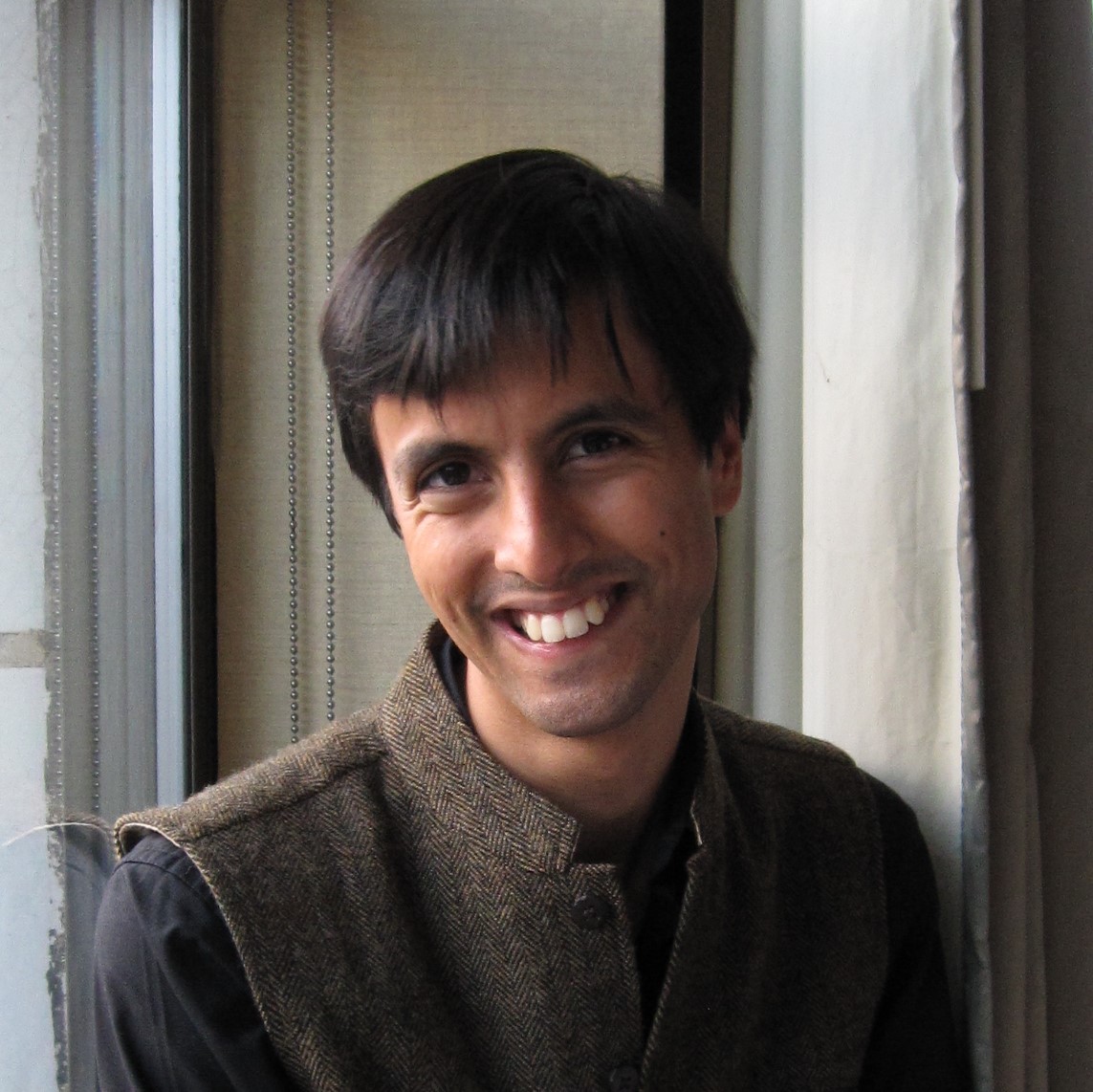Teaching
 I teach a wide variety of courses at the University of Edinburgh. If you are a student, you will find most of the teaching materials (such as syllabuses, electronic readings etc.) on the university's Learn page or one of the dedicated cloud folders I make available for each course. I also make extensive use of the university library's 'HUB Reserve' system, which can be accessed via the library catalogue.
I teach a wide variety of courses at the University of Edinburgh. If you are a student, you will find most of the teaching materials (such as syllabuses, electronic readings etc.) on the university's Learn page or one of the dedicated cloud folders I make available for each course. I also make extensive use of the university library's 'HUB Reserve' system, which can be accessed via the library catalogue.
Undergraduate teaching
- Themes in Modern European History
- Making of the Modern World
- Historical Skills and Methods I pathway: 'Nations and nationalism'
- Historical Skills and Methods II pathway: 'Immigration, race and colonialism in contemporary French cinema'
- France since 1940
This course is an introduction to the history of contemporary France, from the country's calamitous defeat in 1940 to its contemporary struggles over national identity. Its key focus will be how French politics has adapted to the legacy of the Second World War, decolonisation, the rise and fall of de Gaulle, and geopolitical transformations since the 1970s. Students will draw on some of the most contemporary historiographical and social scientific literature in order to gain a fuller understanding of key historical events such as the founding of the Fifth Republic and the Algerian War, as well as broader processes such as the rise of the extreme-right and the problems of racism in French society. This course also includes a parallel weekly source component, in which students will examine a set of French-language written or audiovisual sources relevant to each class. Additional language assistance will be provided for the source component but prior knowledge of French will be an advantage.
- The Marxist Imagination in Europe, c.1950-present
This course is an introduction to Marxist and post-Marxist thought in Europe. In the past seventy years, Europe has undergone massive social change and political upheaval. For better or worse, Marxist ideas have played a crucial explanatory and motivating role in many of these transformations. Different forms of Marxism have underpinned Communist politics in the East and West, given shape to powerful social movements, and provided the justification for radically new economic models. The collapse of the Eastern Bloc and the Soviet Union in the early 1990s was widely expected to put an end to this influence but, in recent years, new forms of Marxism have emerged to challenge neo-liberalism and the structures of financial capitalism. By looking at a mix of classic and lesser-known texts by historians, political thinkers, activists, politicians and novelists, this course will explore the diversity of Marxist and post-Marxist thought in contemporary Europe. There will be a strong emphasis on a global approach to European intellectual history, and the readings will encourage students to reflect on the relevance of utopian thinking, the dangers of revolutionary politics, and the continuing importance of social critique.
- Dreams and nightmares: the culture and politics of postwar Europe, 1945-1975
This course is intended as an in-depth analysis of the 'postwar moment' in Europe, from the dying embers of the Second World War to the global economic transformation of the 1970s. The aim will be to examine the ways in which Europeans came to terms with the traumas of war and sought to rebuild a shattered continent. Students will explore the period through close-grained historical reading in seminars and a series of source workshops, in which they will discuss literary, film, artistic and documentary sources. The main focus will be on four countries - France, Germany, Italy and Czechoslovakia - and the range of primary sources will be deliberately eclectic. In addition to oral sources and other archival documents, students can expect to read texts by writers such as Italo Calvino, Frantz Fanon, Simone de Beauvoir, Milan Kundera, Raymond Aron, Primo Levi and Albert Camus, and watch films by directors such as François Truffaut and Federico Fellini. The secondary reading will be equally varied and students will be encouraged to work with historical, sociological, literary and anthropological writings. These should allow students to think imaginatively about the origins and meaning of social change in twentieth-century Europe.
- Undergraduate dissertations
Postgraduate teaching
- Writing contemporary history (pathway)
- Interpreting film (pathway)
- An uncertain world: the West since the 1970s
This course gives students the opportunity to examine the transformation of global politics since the 1970s. Topics will include the impact of decolonisation and the Cold War; the development of the European project and European integration; neo-liberalism in the US and Western Europe; the end of the Cold War, the 'end of history' and neo-conservatism; the politics of human rights and humanitarian interventions; European enlargement; globalisation and anti-globalisation; 9/11 and the War on Terror; immigration policy in Europe and the US; and the 2008 financial crisis and its aftermath. The main aim will be to offer a nuanced and historical perspective on questions and themes that remain at the heart of contemporary political debate in 'the West' (and beyond). At the same time, the course will be an introduction to original methodological and historiographical frameworks for understanding the recent past, many of which draw on research conducted in political and intellectual history, the social sciences, philosophy and economics.
Previous teaching
I previously taught the following courses at Oxford and Cambridge. If you would like any details about these or would like to request reading lists, please contact me directly.
- Cambridge: Part II, Paper 20 ('The French and British Problem')
- Cambridge: History of Political Thought (1700-1890)
- Cambridge: European History (1700-1890)
- Oxford: Foreign Texts, Tocqueville's Ancien Regime et la Revolution
- Oxford: General History IV (1815-1914)
- Oxford: Further Subject - Culture, Politics and Identity in Cold War Europe
- Oxford: General History XIII (1914-45)
- Oxford: General History XIV (1944-73)
